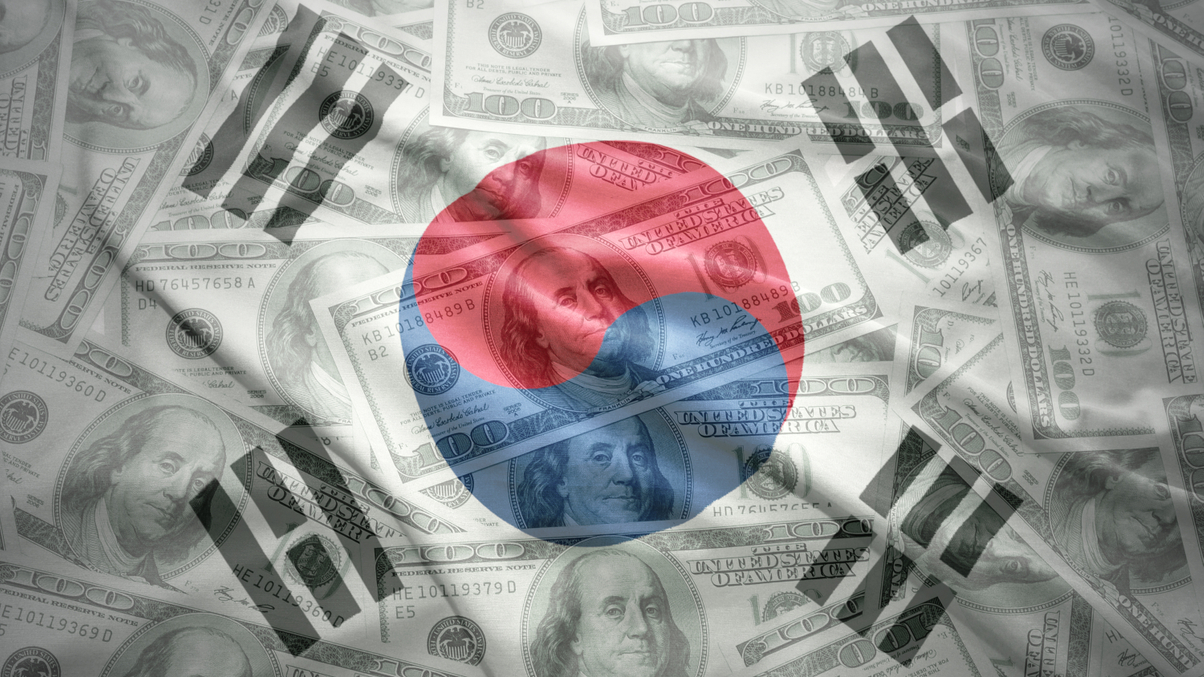Korea fund managers demand clarity on tax reforms
Recent tax incentives introduced in Korea to encourage overseas-investing funds have not been enough to please domestic managers, who are demanding greater clarity over the new rules.

Korean fund managers have called for greater clarity over tax exemptions for funds that invest abroad.
Sign in to read on!
Registered users get 2 free articles in 30 days.
Subscribers have full unlimited access to AsianInvestor
Not signed up? New users get 2 free articles per month, plus a 7-day unlimited free trial.
¬ Haymarket Media Limited. All rights reserved.


